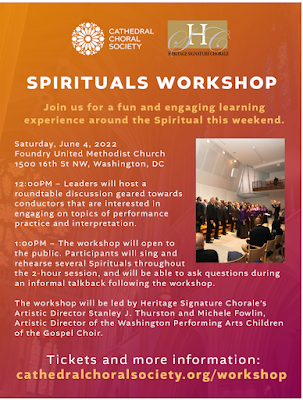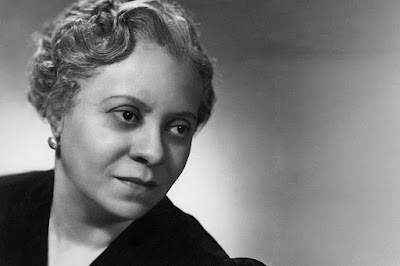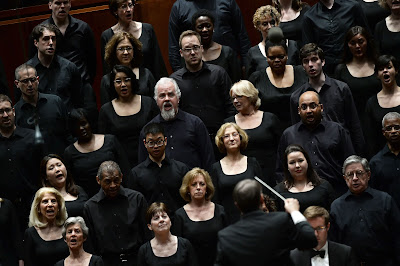The
effort to restore and preserve the National Opera House, a historic
landmark located in Pittsburgh’s Homewood neighborhood, is receiving a
helping hand from Castle of Our Skins, a Boston-based nonprofit dedicated to amplifying and uplifting Black artistry.
Ashleigh Gordon, artistic and executive director and co-founder of Castle of Our Skins, found out about the National Opera House — formerly known as the National Negro Opera House — when she read an article about it last year.
Gordon wanted to learn more about it and how she could help.
“There
is an amnesia that plagues so many things, and certainly as it plagues
an awareness of Black excellence and artistry,” she said. “We are in a
heightened awareness now, but that moment needs to be extended and
habitualized.”
Jonnet
Solomon, executive director of the National Opera, bought the house
with her friend Miriam White in 2000. Over the years, she has asked for support to preserve the house at 7101 Apple St. in Homewood.
The National Historic Landmark was named as one of Discover America’s 11 most endangered historic places by the National Trust for Historic Preservation.
In
1941, musician and educator Mary Cardwell Dawson founded the National
Negro Opera Company — the first permanent African-American opera company
in the nation. Dawson rented the third floor of the opera house as an
office and rehearsal space for the company.
Dawson
learned to sing in the church choir and then enrolled in the New
England Conservatory of Music, the only African American in her class,
according to the opera’s website.
She earned degrees in voice and piano and continued her studies at the
Chicago Musical College in New York with a dream of becoming an opera
singer.
When
she saw there were no opportunities for African American opera singers,
she took it into her own hands to give Black singers opportunities.
Some went on to perform in New York, Cleveland and Washington, D.C.
Over
time, the organization started to lose money. Dawson died of a stroke
in 1962. The opera folded months later. The house received its first
historical marker dedication in 1994.
The history behind the house compelled Gordon to plan to donate 100% of sales made during May for Castle Of Our Skin’s “Black Composer Miniature Challenge Anthology Vol. 2”
to the house. The digital anthology is a collection of writings of
30-second pieces for solo flute, alto flute, piccolo, harp and/or
flute-harp duo.
Gordon
saw the opportunity to help highlight the nonprofit and its mission as a
natural fit. Castle of Our Skin celebrates Black artistry through music
and other arts. The nonprofit is also a concert educational series
focused largely on classical music from the African diaspora as well as
history, culture and education.
“We need to preserve that history,” Gordon said. “We can’t risk losing anymore history.”
The
collaboration was a milestone for Solomon, who said she was excited to
have the opera house’s work introduced to a larger network. “This is why
we need people telling our stories,” she said.
“We
need people advocating to support preservation of this type and
historical preservation, and building a legacy and keeping a legacy in
the community,” Solomon said. “We need people to advocate and defend
it.”
Solomon hopes to restore the house to make it a space to foster talent and to help artists support their brands and businesses.
It
requires raising $3 million to restore the house, she said. The
nonprofit has managed to raise $2 million so far. Solomon is confident
the last $1 million can be fulfilled.
“In
the world of fundraising, it is not a lot of money, and it is doable,”
she said. “We are hoping to get last thousands of dollars from
foundations and the community.”
Preserving the history of the house is Solomon’s driving force.
She
said the community’s support has been crucial for the nonprofit.
Soloman said it has received more than $500,000 in grants from
organizations and foundations.
In
April, the Pittsburgh Opera and the National Opera House announced a
long-term programmatic and strategic partnership. The partnership
includes developing curricula and programming in music education,
artistic development and community engagement, according to a press release.
“There are so many people in the city who want to see it happen successfully,” she said.
Once the nonprofit secures a permit for the house, a groundbreaking will be planned, Solomon said.
”That is the next big exciting thing — actually working on the house,” she said.
Donations to the National Opera House can be made at nationaloperahouse.org/donate.































